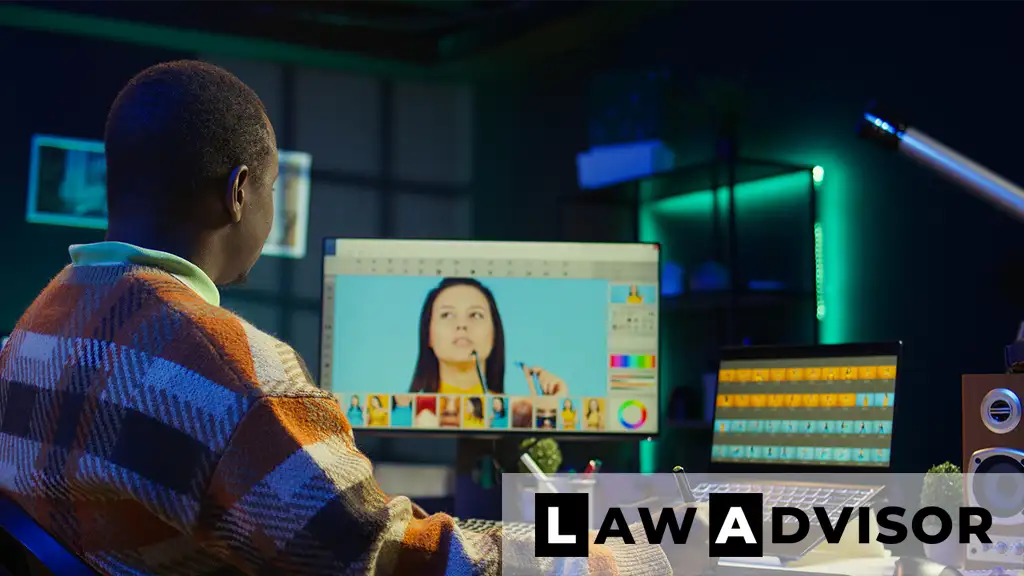If you want to ensure your beloved pet is cared for after you’re gone, knowing how to set up a trust for your pet is crucial. A pet trust is a legally enforceable arrangement that provides funds and instructions for your animal’s care—offering peace of mind that your pet won’t be neglected, rehomed, or euthanized if something happens to you.
In this post, we’ll explain how to set up a trust for your pet, why it matters, and what legal pitfalls to avoid along the way.
What Is a Pet Trust?
A pet trust is a legal document—usually part of your estate plan—that designates a caregiver, outlines care instructions, and provides funding for your pet after your death or incapacitation.
Unlike simply naming someone in your will to “take the pet,” a trust is enforceable in court. That means the trustee is legally bound to use the funds for your pet’s benefit according to your wishes.
Pet trusts are valid in all 50 U.S. states and Washington, D.C.
Why Not Just Use a Will?
Many people assume that leaving their pet to a friend or family member in their will is enough. Unfortunately, it’s not that simple.
Here’s why a trust is more secure:
- A will takes time to go through probate. Your pet could be left in limbo during this period.
- A will doesn’t guarantee funds are used properly. Once someone inherits your money, they aren’t legally required to spend it on your pet.
- Wills are static. A trust can go into effect if you’re incapacitated—not just when you die.
In contrast, a trust can provide immediate care and ongoing oversight.
Who Should Set Up a Pet Trust?
Pet trusts are especially important for:
- Elderly pet owners
- Owners of long-living pets (e.g., parrots, tortoises, horses)
- People with few trusted family members
- Anyone with special care instructions or high-maintenance animals
Even for dogs or cats, setting up a trust ensures their quality of life doesn’t suffer if you’re no longer around.
Key Legal Elements of a Pet Trust
When drafting a pet trust, make sure it includes the following components:
1. Identification of Your Pet(s)
You should clearly identify each animal covered by the trust—preferably with photos, microchip numbers, or vet records to avoid disputes or fraud.
2. Caretaker Designation
Choose a primary caregiver and at least one backup. This person will have physical custody of your pet.
Pick someone:
- Willing to accept the responsibility
- Familiar with your pet
- Financially stable and trustworthy
3. Trustee Appointment
The trustee is the person who controls the money—not necessarily the same person who cares for the pet. This provides a check-and-balance system to ensure funds are spent as intended.
You can name:
- A trusted individual
- A law firm or fiduciary
- A professional pet trust service (some states allow this)
4. Care Instructions
Detail your pet’s:
- Daily routine
- Diet
- Medical needs
- Favorite toys or habits
- End-of-life preferences (e.g., euthanasia guidance)
This ensures continuity of care and comfort for your animal.
5. Funding the Trust
Estimate the lifetime cost of care and include:
- Food and supplies
- Vet visits
- Medication
- Grooming
- Emergency care
You can fund the trust with:
- Cash
- Life insurance proceeds
- Assets from your estate
Overfunding can sometimes trigger legal challenges, so be realistic.
6. Trust Duration
Most pet trusts last until the pet dies. Some states impose a 21-year limit for certain animals, but exceptions are often made for longer-living species.
Include language stating:
“This trust shall terminate upon the death of the last surviving animal covered by this agreement.”
7. Remainder Beneficiary
Designate where leftover funds should go once your pet passes. This could be:
- A charity (e.g., ASPCA)
- A family member
- Your overall estate
Without this, remaining funds may be distributed by the court.
How to Legally Set Up a Pet Trust
You have two main options:
Add It to Your Existing Estate Plan
Most estate planning attorneys can help you amend your will or trust to include a pet trust section. This is often the most efficient method.
Create a Standalone Trust
You can also create a standalone pet trust, especially if:
- You want it to take effect during your lifetime
- You’re concerned about being incapacitated
Some services offer DIY pet trust templates, but it’s strongly advised to consult a lawyer to ensure it complies with your state’s laws.
Tax and Legal Considerations
Pet trusts are generally not taxable entities, and the trustee may be required to file taxes only if the trust generates income.
Important notes:
- The IRS does not recognize pets as beneficiaries, so humans must manage the assets.
- Overfunding could be challenged by potential heirs if seen as excessive.
- Be sure to follow your state’s statutes, as some require a “reasonable” amount of funding and limit durations.
🧠 You May Wanna Check Out:
- When and Why You Should Update Your Will
- What Happens If You Die Without a Will?
- How to Choose an Executor for Your Will
Final Thoughts
Setting up a trust for your pet ensures their well-being, even when you’re not there to provide it yourself. It offers legal structure, financial security, and peace of mind for pet owners who treat animals like family. While DIY options exist, it’s always best to consult an estate planning attorney to ensure your trust meets state laws and truly protects your pet.
For more legal guidance and free tools to build your estate plan, visit the ASPCA Pet Trust Resource Center.




